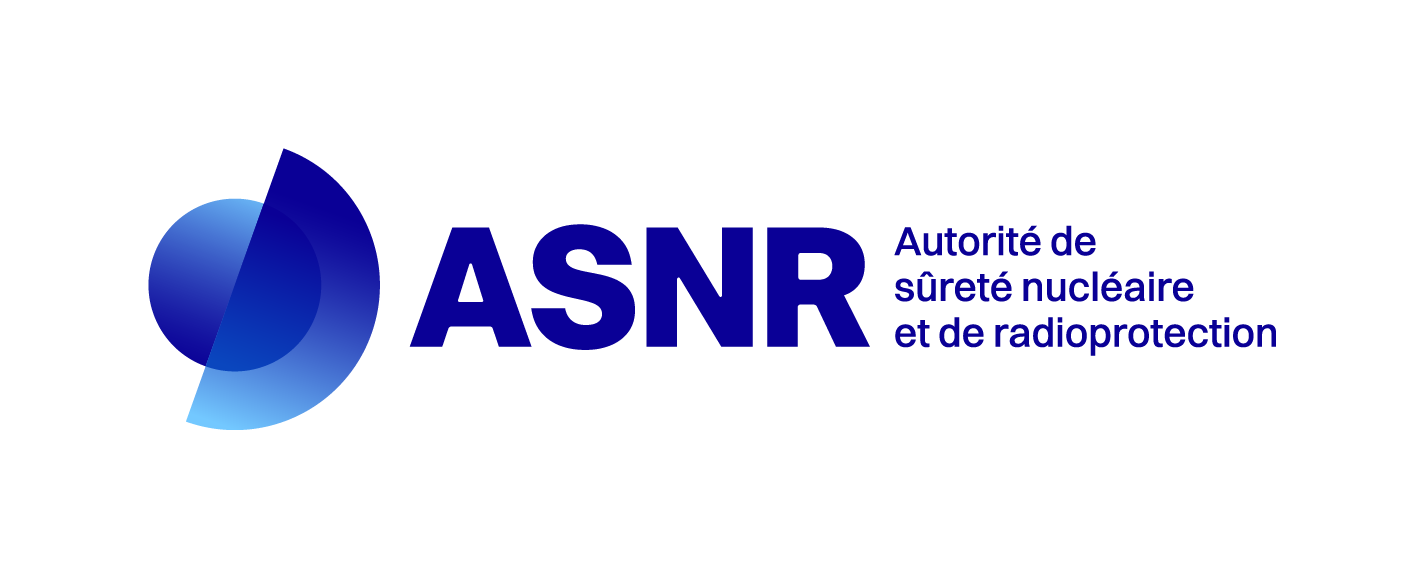Hydrogen Behavior and Mitigation Measures: State of Knowledge and Database from Nuclear Community
Résumé
Hydrogen has become a key enabler for decarbonization as countries pledge to reach net zero carbon emissions by 2050. With hydrogen infrastructure expanding rapidly beyond its established applications, there is a requirement for robust safety practices, solutions, and regulations. Since the 1980s, considerable efforts have been undertaken by the nuclear community to address hydrogen safety issues because, in severe accidents of water-cooled nuclear reactors, a large amount of hydrogen can be produced from the oxidation of metallic components with steam. As evidenced in the Fukushima accident, hydrogen combustion can cause severe damage to reactor building structures, promoting the release of radioactive fission products to the environment. A great number of largescale experiments have been conducted in the framework of national and international projects to understand the hydrogen dispersion and combustion behaviour under postulated accidental conditions. Empirical engineering models and computer code
| Origine | Fichiers produits par l'(les) auteur(s) |
|---|---|
| Licence |
Copyright (Tous droits réservés)
|
